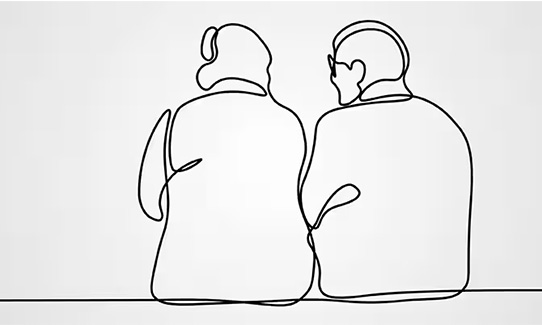



Summary
Because of injury or severe illness, many will not be able to make their own medical decisions. Choose a medical decision maker before a crisis to ease the burden for all.
As clinicians, we keep the wishes of our patients at the forefront of everything we do.
Our goal is to help our patients make informed decisions about their health and the care they need. But because of injury or severe illness, many people will not be able to make their own medical decisions at some point during their lives.
In many circumstances, we will look for close family members to help make medical decisions when you are unable to make those decisions. If you haven’t designated a medical decision maker, state laws will tell us who should fill that role for you. As families are complex and relationships complicated, these situations can be difficult when multiple people are involved with different decisions.
Your Voice
Identifying and naming your medical decision makers can help. This person knows you well and can be your voice, directing your care when you are unable to speak on your own behalf.
A medical decision maker only steps in when you are too sick to make your own decisions.
You can choose a family member or friend to serve as your medical decision maker. You can even choose a group of people to serve as your medical decision makers, but one person will need to serve as your spokesperson. This is especially important in blended families or if “it’s complicated.”
If you are unable to make your medical decisions, your designated decision makers may speak to members of the medical team, be asked to approve treatments, or decide where you will have medical care.
Don’t Wait for a Crisis
It is best not to wait until there is a crisis to choose who you would want to be your medical decision maker. Because we can’t predict when we will need help, it is important to talk with your clinicians and your designated decision maker(s) about health decisions that may come up and what matters most to you overall.
So that your medical decision makers are prepared to step in, it is important to ask them to serve in that role and not make assumptions. It is best to choose a quiet time and place for the conversation to make sure the person understands what you are asking them to do.
State-specific documents
These decision makers are called different things depending on the state where you live, and documentation requirements can vary. We offer the Conversations Before the Crisis workbook which can help you walk through medical decision making.
Once you have completed those documents, please contact your primary care clinic with any questions and to have these documents included in your medical records. The clinic staff should be able to tell you if you require a notary in addition to two witnesses. This should be at no or limited cost to you. North Mississippi Health Services does not require that advance directive forms are notarized, but other health systems may.
Take the first step
You may not be ready to make major medical decisions…that’s OK. But choosing a medical decision maker before a crisis eases the burden for everyone. If you have questions about selecting your medical decision maker, we’re here to help!
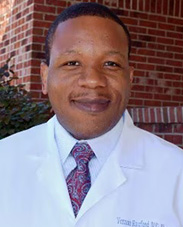

Vernon Rayford, MD
Vernon Rayford, MD, PharmD, serves as core faculty for the Internal Medicine Residency at North Mississippi Medical Center in Tupelo. He is board certified in internal medicine, pediatrics and obesity medicine. Dr. Rayford earned a Doctor of Pharmacy degree from the University of Mississippi and a Doctor of Medicine degree from Vanderbilt. He completed residency training in Internal Medicine and Pediatrics at the Massachusetts General Hospital and Harvard Medical School.
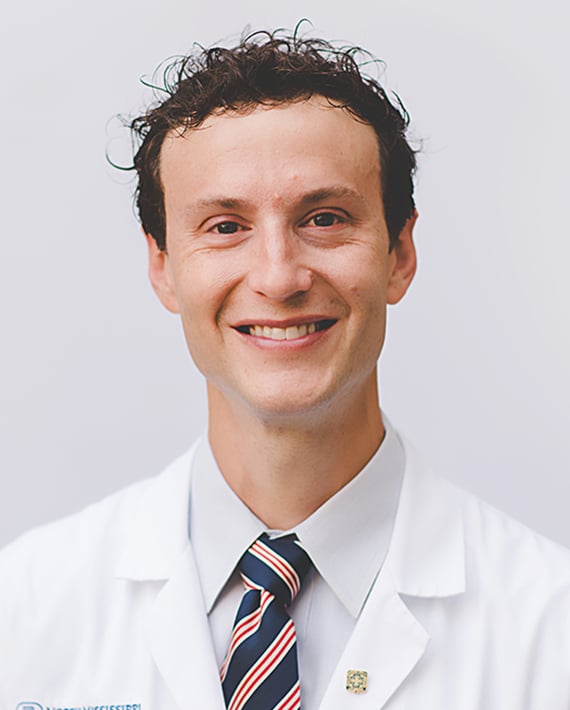

Lucas McElwain, MD
Lucas McElwain is a specialist in geriatrics and palliative care. He has cared for patients at North Mississippi Medical Center-Tupelo since 2016. He received his medical and internal medicine training at University of Mississippi School of Medicine and fellowships in geriatrics and palliative care at the University of Alabama-Birmingham. At North Mississippi Health Services, he aims to help patients with serious illness and assist their families and caregivers in navigating medical stresses and care decisions.
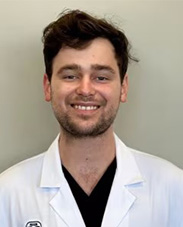

Ryan Cone, DO
Ryan Cone, DO, is a resident physician with the Internal Medicine Residency at North Mississippi Medical Center in Tupelo. He earned a degree in biology from the University of Southern Mississippi in Hattiesburg. He completed his medical degree at Edward Via College of Osteopathic Medicine-Auburn Campus in Alabama and joined the internal medicine residency in 2023.

Subscribe to Our Newsletter
Like this content and want to get more? Sign up for True North, the health and wellness newsletter from North Mississippi Health Services!

Subscribe to Our Newsletter
Like this content and want to get more? Sign up for True North, the health and wellness newsletter from North Mississippi Health Services!
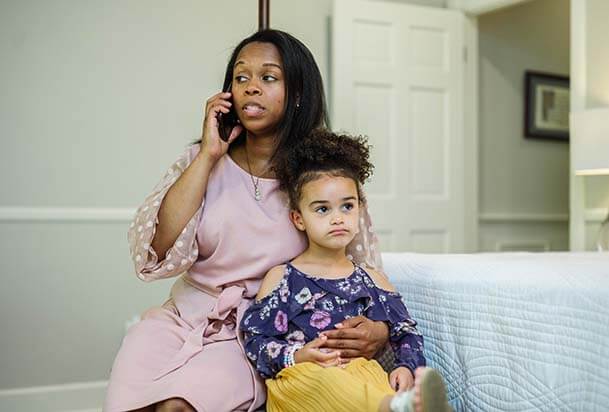
Nurse Link®
Call 1-800-882-6274 anytime to speak directly to a registered nurse and get immediate answers. Using computerized medical protocols, nurses direct callers to the most appropriate medical treatment. Our nurses are available 24 hours per day, seven days per week.